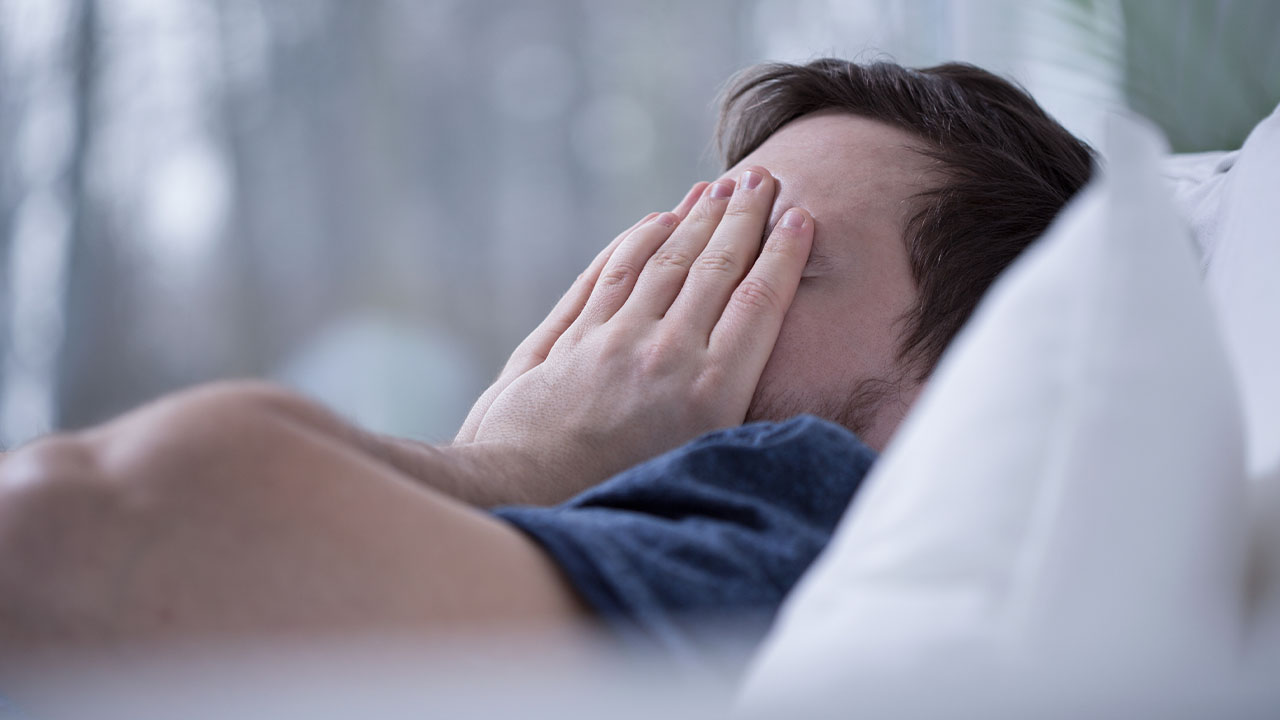Some of the consequences of sleep apnea are obvious, such as leaving you feeling excessively tired during the day. But the disorder can also have some more subtle side effects. For example, did you realize that your sleep apnea may be causing your body to age at an accelerated rate? Below is a closer look at the link between sleep-disordered breathing and aging.
Accelerated Biological Aging
Your biological age is a measurement of how your body is aging based on factors such as cellular damage. If you’re experiencing accelerated biological aging, it means that your body is aging faster than your chronological age (which is just how long you’ve been alive) would suggest. Over time, accelerated biological aging can increase your risk for certain types of cancer and other chronic diseases.
Sleep Apnea and Your Biological Age
Research has shown that individuals with sleep apnea tend to also experience accelerated biological aging. For example, one study performed in 2022 found that people who experienced sleep disruptions and lower oxygen levels as a result of sleep apnea also aged at a faster rate compared to those who did not have a sleep disorder. More research is required to understand why this happens, but there is evidence to suggest that the effects of accelerated aging can be at least partially reversed by treating sleep apnea symptoms.
What to Do About Sleep Apnea
In order to protect yourself from accelerated aging and other consequences of sleep apnea, you should have your sleep-disordered breathing addressed by an expert as soon as possible. Step one is to undergo a sleep test, which can be performed at a lab or in the comfort of your own home. A special device will be used to monitor your vitals while you’re asleep; the information gathered will be used to determine whether sleep apnea is truly present.
After the underlying issue has been properly diagnosed, you can seek an appropriate form of treatment. In many cases, this might mean getting a customized oral appliance, which is a simple device that can move the jaw slightly forward or hold the tongue in place in order to help you maintain an unobstructed airway.
Sleep apnea is simply not a problem you can afford to ignore for too long. Reach out to your sleep dentist today if you suspect that you’re currently suffering from symptoms of sleep-disordered breathing.
About the Author
Dr. Jonathan Held graduated from the Creighton University School of Dentistry in Omaha. He is the only Diplomate of the American Board of Dental Sleep Medicine in Northern Arizona, and he holds membership with the American Academy of Dental Sleep Medicine. He is able to help his patients find relief from sleep apnea thanks to a variety of oral appliances. To schedule a consultation with Dr. Held at Sleep Better Southwest in Prescott Valley, Sedona, Flagstaff, or Kingman, visit his website or call (928) 778-4555.

